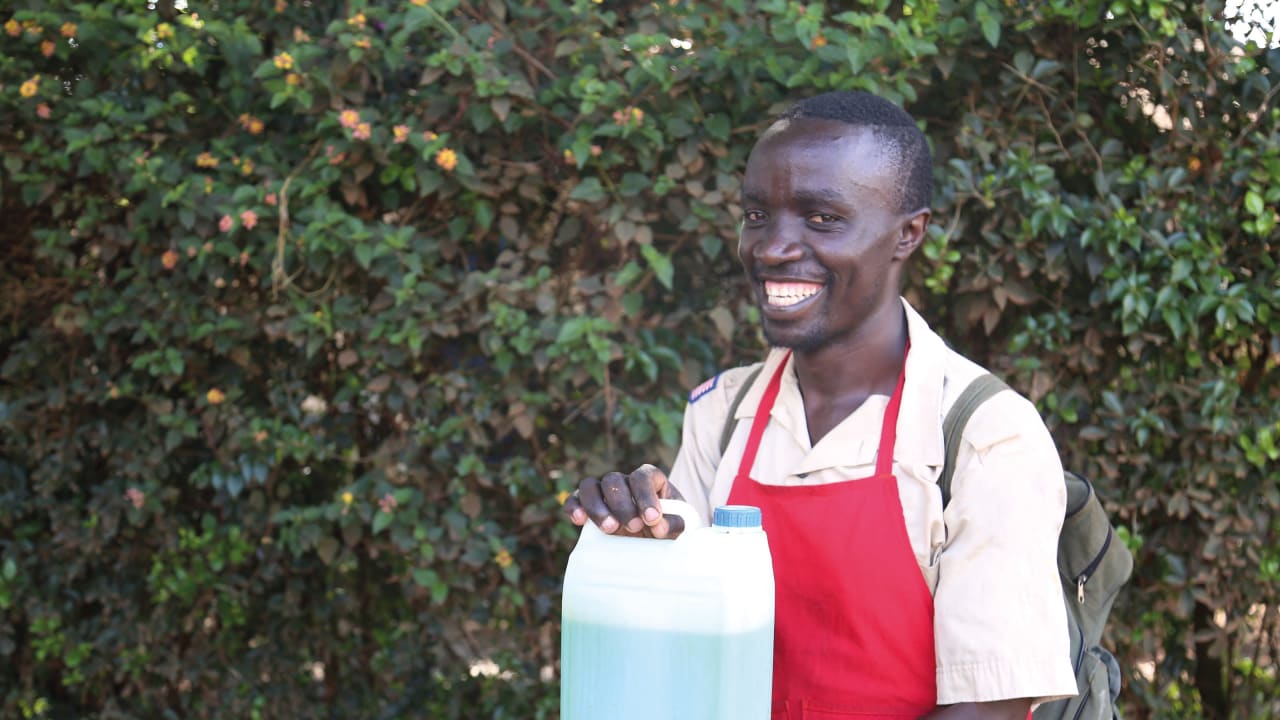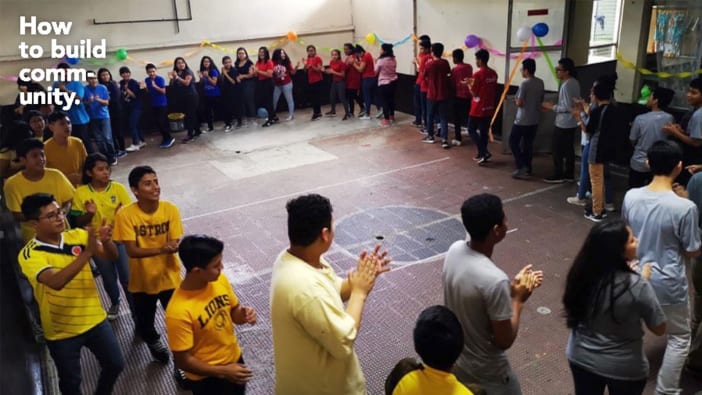When Festus became ill with depression and epilepsy his parents wanted him to see a traditional healer. When he decided to go to a psychiatrist instead they were upset. Feeling that Festus had become stubborn and a burden, they stopped looking after him.
This meant he had to get casual work to support himself, while still trying to study. But each time he managed to get some work he would have an epileptic attack, either at work or on his way home. He could not afford his medication and was barely surviving when Cheshire Disability Services Kenya (CDSK) started to support him.
When people with mental health conditions like Festus receive the psychological, medical and social support they need, they often recover completely or learn to live successfully with their condition. However, when they feel rejected and misunderstood by their communities, the combination of psychological and social pressures may result in a level of disability that makes it difficult to carry out day-to-day activities. This is often referred to as a psychosocial disability.
Business skills
CDSK recognised that Festus’ biggest need was steady employment, so they provided him with training in business skills including customer care, book‑keeping, sales and marketing. For the last few years he has been making and selling liquid soap and he is now able to afford his medication and meet his other basic needs.
Festus was able to return to his studies and in 2018 he graduated with a diploma in film production from Kenyatta University.
The importance of talking
Festus now leads a psychosocial support group where he encourages other young people with mental health conditions.
It is not easy for these young people to admit that they are unwell. They are fearful that formal diagnosis will lead to discrimination and that they will lose their jobs once their employers find out.
The monthly support groups provide safe spaces for young people and their parents/carers to share their challenges without fear of being judged. Talking to each other makes them feel better and more able to find solutions to their problems. Over time, the young people usually gain enough confidence to seek professional help, and CDSK arranges for counsellors to spend time with them and their parents/carers.
Speaking out
The young people receive training in communication and interpersonal skills, including how to tell their stories and stand up for their rights. They are encouraged to think about the changes they would like to see in their community and to speak out against stigma and discrimination. In this way, they are gradually breaking down the barriers caused by lack of understanding of mental health conditions.
One young man, Bernard, is so good at standing up for his rights and the rights of others that he has become a mental health advocate with a local non‑governmental organisation. He also runs a successful clothing business.
Bernard has schizophrenia but he has been symptom-free for more than six years due to a combination of medication, counselling and the loving support of his parents.
Discussion questions
- Are people in your community able to speak openly about their mental health? If not, how can you make it easier for them to talk about it and ask for help if they need it?
- How can your church or organisation support people with mental health conditions to tell their stories and stand up for their rights?
- How can you help raise awareness and understanding of mental health conditions in your community?










